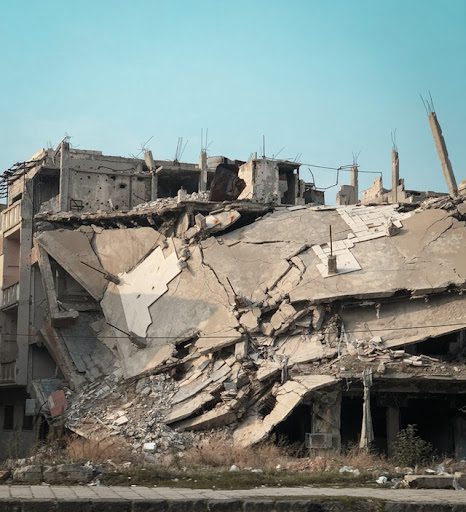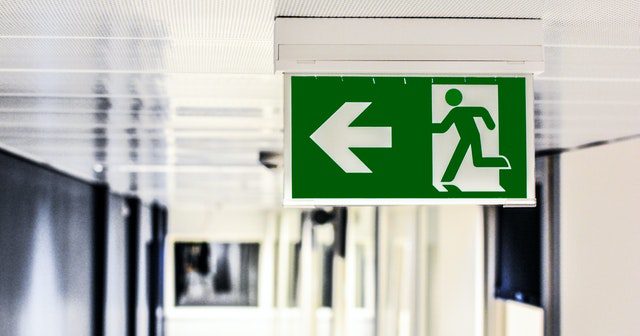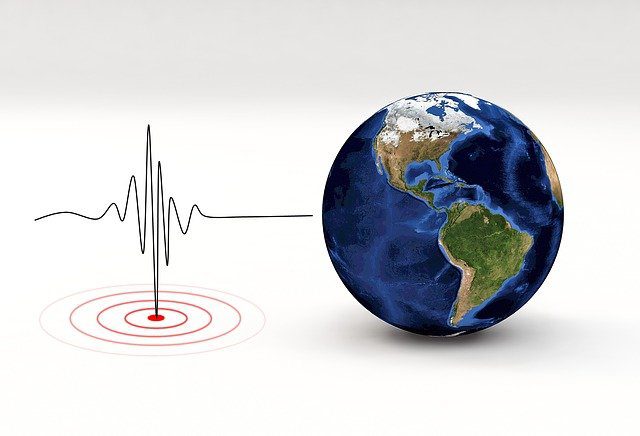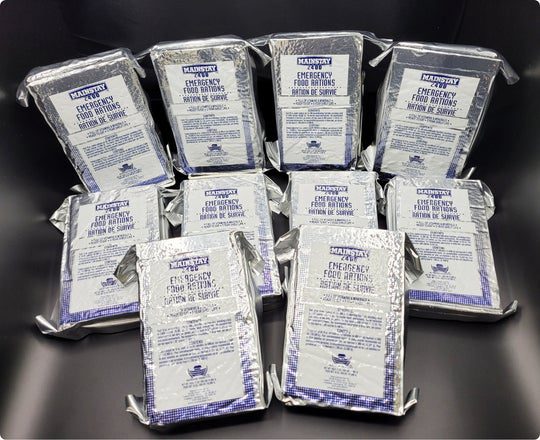Earthquakes can be terrifying. If you live in an area prone to earthquakes, knowing what to do before it happens can mean the difference between life and death. Here are some things families can do to protect themselves.

Earthquake Family Emergency Plan
First, have a family discussion to decide on an emergency plan and make a copy for everyone who can read to carry on their person. This includes children. Since family members may be in different locations such as school or work when an earthquake happens, make sure contact information is up to date in everyone’s phones including being signed up for local alerts and warnings. In addition, at least one emergency contact should be identified as “In case of Emergency”, or ICE, in everyone’s phone for a non-family member to recognize and use on their behalf if needed. Responsible adults need to be aware of the emergency response plan of their very young and very old caregiver’s facilities with more than one person being aware of their procedures. Most importantly, delegate an out-of-state contact person. This provides a central point of contact for all parties to use if they are able.

Drop, Cover and Hold On!
Second, prevent injury and death by practicing “Drop, Cover, and Hold On”. If you have lived through an earthquake, you know protecting yourself at the first jolt is crucial. Do not wait to see how intense the earthquake might be. Instead, immediately drop to your hands and knees, cover your head and neck with one arm and hand, and hold on until shaking stops. Do crawl under a desk if possible. Do not get in a doorway or run outside.

Third, store important documents digitally. Safely storing and protecting copies of driver’s licenses, social security cards, birth certificates, insurance cards, immunization and vaccine records, passports, and advanced directives ensures your family’s ability to function in the world despite the impact of an earthquake. In the event hardcopies become lost or destroyed, online sites such as iCloud or Google Drive can give you control over your life in any circumstance. You do not have to lose vital documents. Important papers can be protected from an earthquake, available for access when you need them through digital storage.
Finally, having 3 to 5 days of food and water stored is vital. Beyond this, keep an extra backpack with clothes and supplies in the car with needed items for pets and seniors. Just leave it there. If the house is damaged or destroyed, access to an emergency supply kit in a vehicle will be crucial. Include first aid, women’s feminine supplies, medicines, toothpaste, batteries, toilet paper, toys and games for children, paper plates and napkins, a manual food can opener, a fire extinguisher, and cash. Replace needed or expired items periodically throughout the year as needed.
Earthquakes can be scary. They do not have to be debilitating. Be wise and plan.

